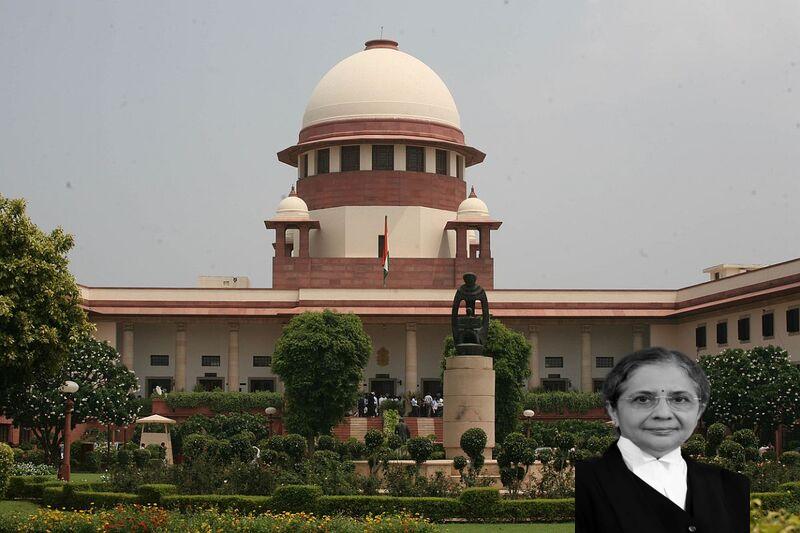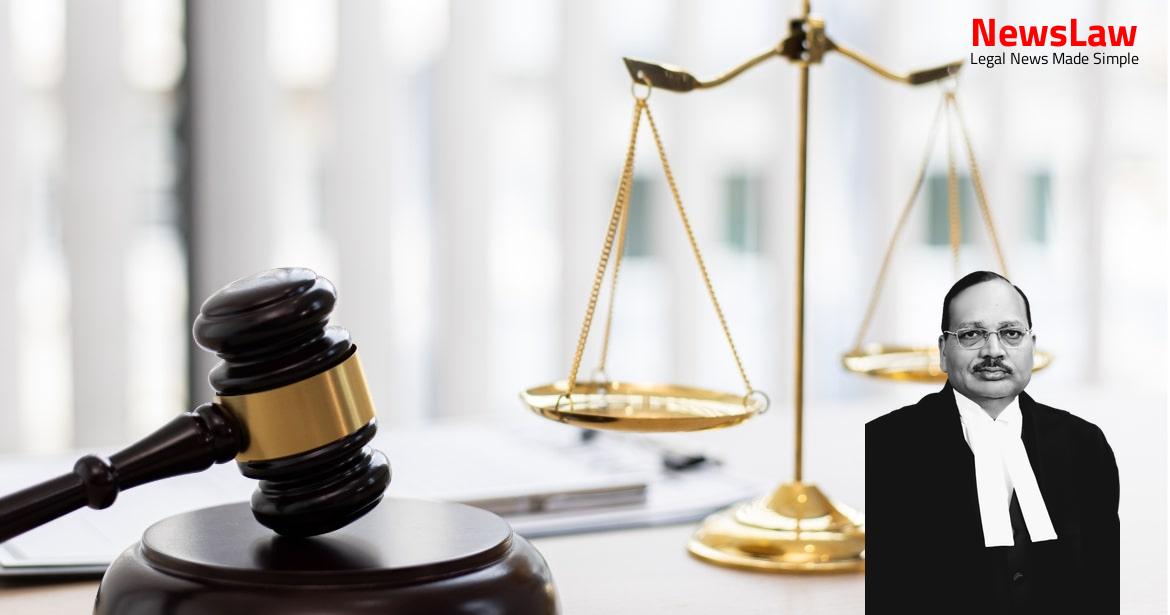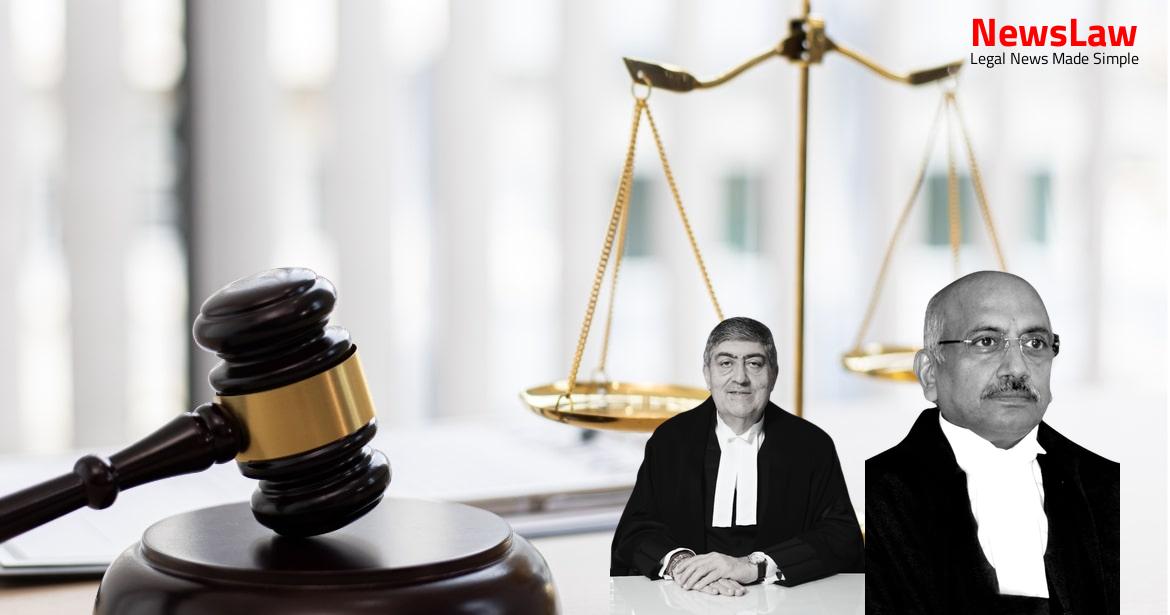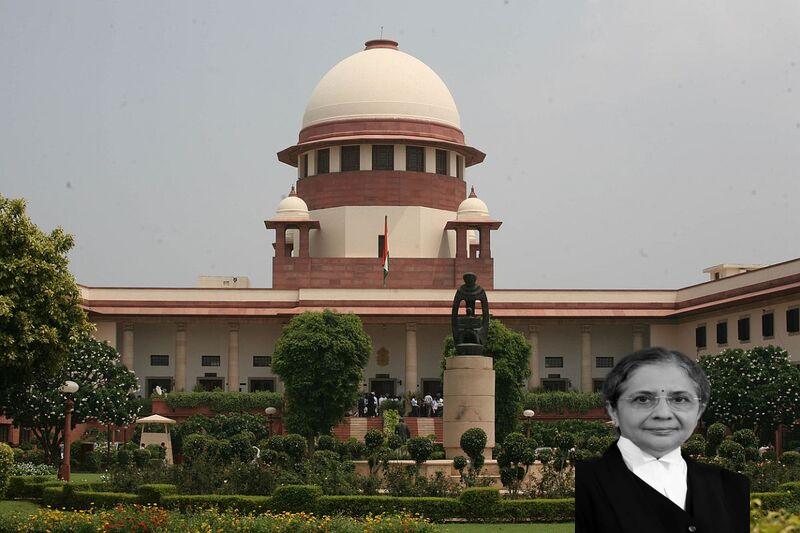The High Court vide the impugned order has dismissed the said bail application of the appellant seeking bail in connection with the Complaint Case No 20/2021 bearing ECIR /DLZO-1/12/2021 arising out of FIR No RC0742020E0014, registered for the offence under Section 13(2) read with 13(1)(d) of the Prevention of Corruption Act, 2 1988 and under Section 120B read with sections 420, 465, 467, 468 and 471 of IPC.
(ii) The consortium of banks led by the State Bank of India vide the Letter of Engagement dated 18.05.2018 engaged the services 3 of a Forensic Auditor – BDO India LLP for conducting the Forensic Audit of SBFL. (iii) The Forensic Auditor conducted audit review for the period 01.04.2013 to 31.03.2017 and submitted the report on 25.06.2019, disclosing several financial irregularities and discrepancies in the functioning of SBFL, and alleged that SBFL had failed to discharge its loan liability and caused loss to the consortium member banks to the tune of Rs.3269.42 crores. RC0742020E0014 came to be registered on 31.12.2020 by the CBI, Bank Securities and Fraud Cell, New Delhi for the offences under Section 13(2) read with 13(1)(d) of the Prevention of Corruption Act, 1988 and under Section 120B read with Sections 420, 465, 467, 468 and 471 of IPC, on the basis of a written complaint given by the Bank Officials against the Directors/Guarantors of SBFL and against the Employees/servants and other unknown persons.
(viii)
The appellant filed a bail application in complaint case no.20/2021 before the Special Judge (PC-ACT), Rouse Avenue Court Complex, New Delhi on 18.10.2022, which came to be 5 dismissed by the Special Judge vide the order dated 23.12.2022.
Tarun Kumar was directly involved in procuring fake invoices from shell companies operated by Devki Nandan Garg and Ashok Kumar Goel, Entry Operators. Tarun Kumar also used the platform of group companies under his directorship and control for diversion, rotation and siphoning of the proceeds of crime. (ii) The co-accused Raman Bhuraria, who is similarly placed as the appellant has been granted bail by the High Court of Delhi vide the judgment and order dated 08.02.2023, and therefore the appellant is entitled to the bail on the ground of parity. Luthra has relied upon the observations made by this Court in case of Manish Sisodia vs Central Bureau of Investigation in Criminal Appeal arising out of SLP (Crl) No 8167 of 2023 and in case of Sanjay Raghunath Agarwal Vs. Raju for the respondent however, made the following submissions: (i) The appellant was the Vice President (Purchases) in Shakti Bhog Limited and was also a Director in various Shakti Bhog Group Companies and was actively involved in the bank fraud committed by the SBFL. (iv) The twin conditions contained in Section 45(1) of the PML Act would apply to the appellant having regard to the seriousness of the offence and the investigation qua other accused being still in process, the appellant could not be granted bail on the ground that the other persons allegedly involved have not been arrested.
—For the removal of doubts, it is hereby clarified that, — (i) a person shall be guilty of offence of money-laundering if such person is found to have directly or indirectly attempted to indulge or knowingly assisted or knowingly is a party or is actually involved in one or more of the following processes or activities connected with proceeds of crime, namely: — (a) concealment; or (b) possession; or (c) acquisition; or (d) use; or (e) projecting as untainted property; or (f) claiming as untainted property, in any manner whatsoever; (ii) the process or activity connected with proceeds of crime is a continuing activity and continues till such time a person is directly or indirectly enjoying the proceeds of crime by its concealment or possession or acquisition or use or projecting it as untainted property or claiming it as untainted property in any manner whatsoever.” Section 45 of the said Act being relevant for the purpose of the instant appeal is reproduced hereunder for ready reference: – “45. —For the removal of doubts, it is clarified that the expression “Offences to be cognizable and non-bailable” shall mean and shall be deemed to have always meant that all offences under this Act shall be cognizable offences and non-bailable offences notwithstanding anything to the contrary contained in the Code of Criminal Procedure, 1973 (2 of 1974), and accordingly the officers authorised under this Act are empowered to arrest an accused without warrant, subject to the fulfillment of conditions enshrined under section 19 and subject to the conditions under this section. From the bare language of Section 3 of the 2002 Act, it is amply clear that the offence of money-laundering is an independent offence regarding the process or activity connected with the proceeds of crime which had been derived or obtained as a result of criminal activity relating to or in relation to a scheduled offence. In other words, the criminal activity may have been committed before the same had been notified as scheduled offence for the purpose of the 2002 Act, but if a person has indulged in or continues to indulge directly or indirectly in dealing with proceeds of crime, derived or obtained from such criminal activity even after it has been notified as scheduled offence, may be liable to be prosecuted for offence of money-laundering under 2022 SCC Online SC 929 13 the 2002 Act — for continuing to possess or conceal the proceeds of crime (fully or in part) or retaining possession thereof or uses it in trenches until fully exhausted.
Even though, the 2002 Act is a complete Code in itself, it is only in respect of matters connected with offence of money- laundering, and for that, existence of proceeds of crime within the meaning of Section 2(1)(u) of the Act is quintessential. As a result, we have no hesitation in observing that in whatever form the relief is couched including the nature of proceedings, be it under Section 438 of the 1973 Code or for that matter, by invoking the jurisdiction of the Constitutional Court, the underlying principles and rigors of Section 45 of the 2002 must come into play and without exception ought to be reckoned to uphold the objectives of the 2002 Act, which is a special legislation providing for stringent regulatory measures for combating the menace of money-laundering.”
12.
Section 65 requires that the provisions of CrPC shall apply insofar as they are not inconsistent with the provisions of this Act and Section 71 provides that the provisions of PMLA shall have overriding effect notwithstanding anything inconsistent therewith contained in any other law for the time being in force.
It is trite that the court while considering an application seeking bail, is not required to weigh the evidence collected by the investigating agency meticulously, nonetheless, the court should keep in mind the nature of accusation, the nature of evidence collected in support thereof, the severity of the punishment prescribed for the alleged offences, the character of the accused, circumstances which are peculiar to the accused, reasonable possibility of securing the presence of the accused at the trial, reasonable apprehension of the witness being tampered with, the larger interests of the public/State etc. Luthra would be that the appellant was not named in the FIR nor in first three prosecution/ supplementary complaints and has been implicated only on the basis of the statements of witnesses recorded 16 pursuant to the summons issued under Section 50 of the PML Act, without there being any material in support thereof. Further, as held in Vijay Madanlal ( supra), the offence of money laundering under Section 3 of the Act is an independent offence regarding the process or activity connected with the proceeds of crime which had been derived or obtained as a result of criminal activity relating to or in relation to a scheduled offence. As well settled by now, the conditions specified under Section 45 are mandatory. Such conditions enumerated in Section 45 of PML Act will have to be complied with even in respect of an application for bail made under Section 439 Cr.P.C. The co-accused Raman 19 Bhuraria, who was the internal auditor of SBFL has been granted bail by the High Court, however the said order of High Court has been challenged by the respondent before this Court by filing being SLP (Crl.) No 9047 of 2023 and the same is pending under consideration.
In any case, the order granting bail to Raman Bhuraria being under consideration before the coordinate bench of this Court, it would not be appropriate for us to make any observation with regard to the said order passed by the High Court. In this regard, it may be noted that the appellant has not been able to overcome the threshold stipulations contemplated in Section 45 namely he has failed to prima facie prove that he is not guilty of the alleged offence and is not likely to commit any offence while on bail. Section 436A of the 1973 Code, is a wholesome beneficial provision, which is for effectuating the right of speedy trial guaranteed by Article 21 of the Constitution and which merely specifies the outer limits within which the trial is expected to be concluded, failing which, the accused ought not to be detained further. Under Section 436A of the 1973 Code, however, the Court is required to consider the relief on case-to-case basis. This court taking a serious note with regard to the economic offences had observed as back (2013) 7 SCC 439 (2013) 7 SCC 466 (2017) 13 SCC 751 23 as in 1987 in case of State of Gujarat vs Mohanlal
Jitamalji
Porwal and Another as under:- “5… With the advancement of technology and Artificial Intelligence, the economic offences like money laundering have become a real threat to the functioning of the financial system of the country and have become a great challenge for the investigating agencies to detect and comprehend the intricate nature of transactions, as also the role of the persons involved therein.
J. [BELA M.
Case Title: TARUN KUMAR Vs. ASSISTANT DIRECTOR DIRECTORATE OF ENFORECEMENT
Case Number: Crl.A. No.-003593-003593 / 2023



